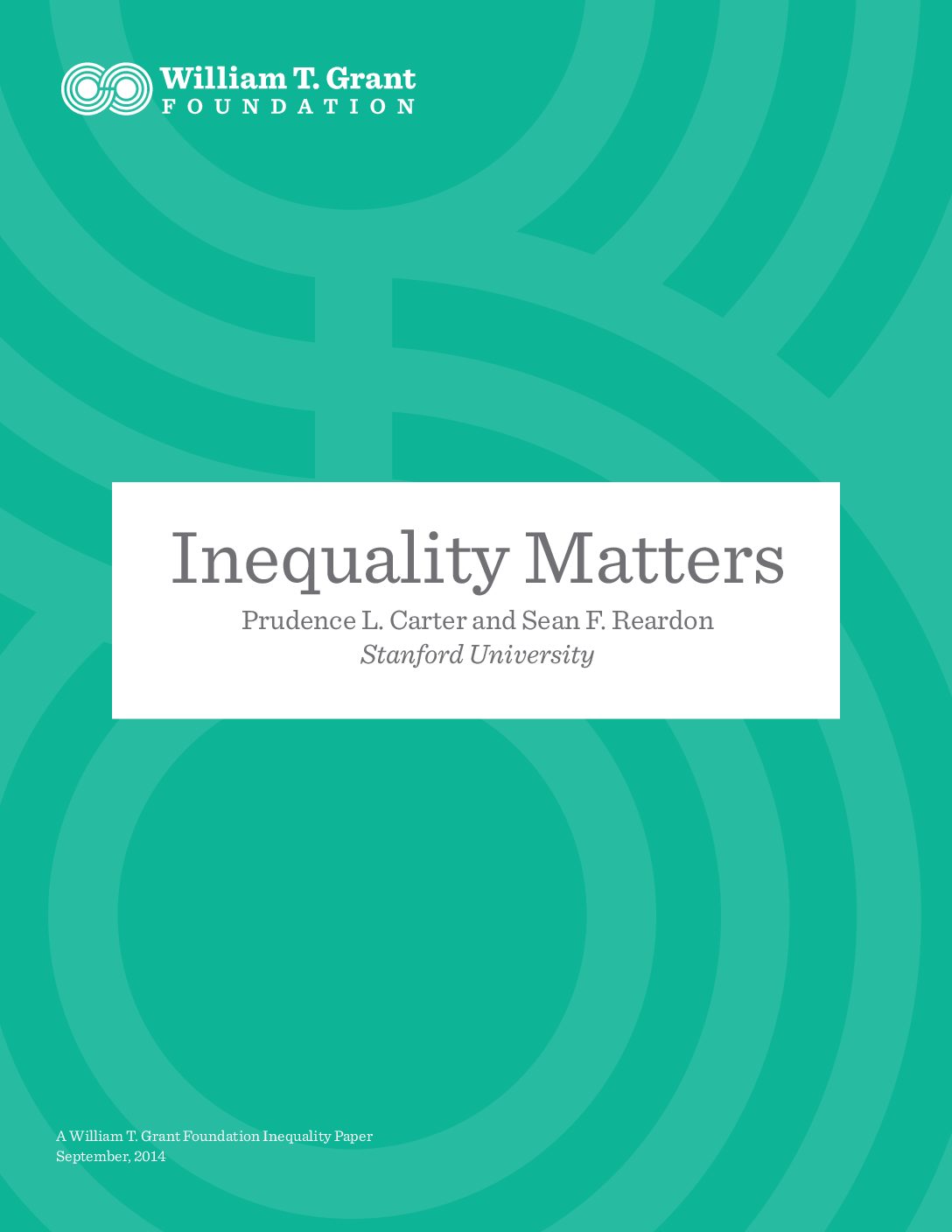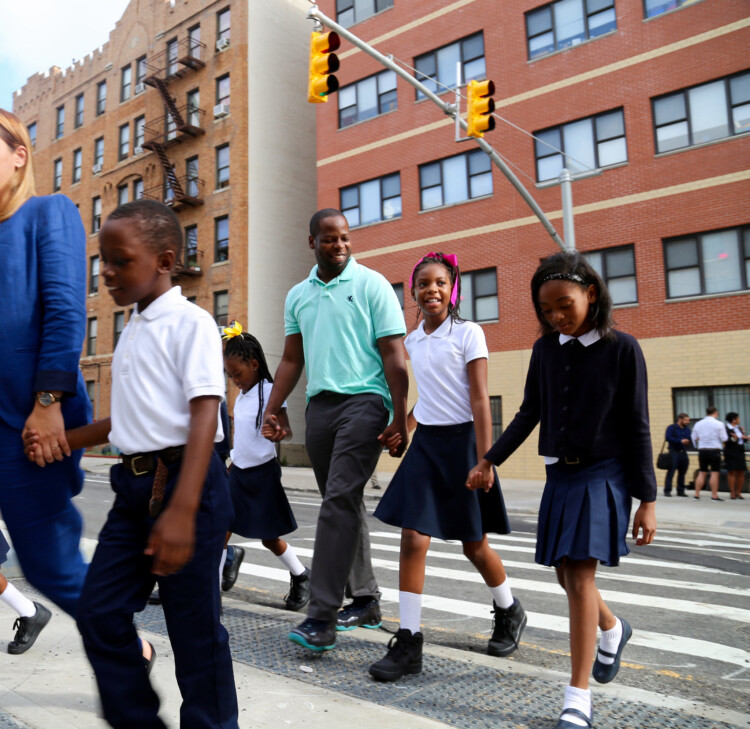Excerpt
Talk of inequality, particularly economic inequality, in the public sphere is commonplace in twenty-first century America. Indeed, various aspects of social inequality—race, gender, class, sexual orientation, and immigrant status—have been the subject of protest, debate, legislation, and judicial action for much of the last century. Inequality in its various forms—and what to do about it, if anything—is often the animating force behind much of contemporary political debates and social movements. These debates take place against a backdrop of fitful progress and retreat in America’s long struggle with inequality.
Although we have made some significant progress on racial equality in the last 60 years—in education, health, legal rights, and housing access—much of that advancement stalled in the 1970s and 1980s, leaving us far from racial equality in any particular domain that influences life chances. Economic inequality in the United States, meanwhile, has been growing steadily for nearly 40 years, challenging the idea that America is a land of economic opportunity. Traditional patterns of gender inequality have been eliminated or even reversed in some aspects of education and health, but remain stubbornly persistent in the segmented labor market, wage structures, and politics, for example. LGBT communities have attained some semblances of equal protection in some spheres, but they still face enormous bias and invisibility in many others. In short, we still have a long way to go on the questions and practices of social equality.
The causes and consequences of these trends in social inequality in the United States have been the subject of a large body of scholarship. Every academic Overview discipline—including sociology, economics, political science, psychology, anthropology, history, philosophy, epidemiology, public health, education, and public policy—includes a rich body of work addressing the definitions, patterns, causes, and consequences of social inequality. Given this extensive scholarly attention, one would think that we know a great deal about social inequality and maybe something about how to reduce it. While we have increased our knowledge about inequality, there are some aspects of inequality about which we have insufficient knowledge. We have produced considerably less research to inform policy and practice about interventions to reduce it.
Our aim in this paper is to describe, in very broad brushstrokes, the state of academic scholarship regarding social inequality, with an eye toward identifying important gaps. We focus on four key interacting social domains: (1) socioeconomic (financial and human capital), (2) health (including physical and psychological), (3) political (access to power and political representation), and (4) sociocultural (identity, cultural freedoms, and human rights). Our reading of the research reveals that the evidence regarding inequality, its causes, and consequences is mixed. In many cases, divergent indings can be attributed to conceptual and methodological differences among studies. In other cases, there is simply not enough high-quality research, often due a lack of relevant data, to form firm, evidence-based conclusions.







